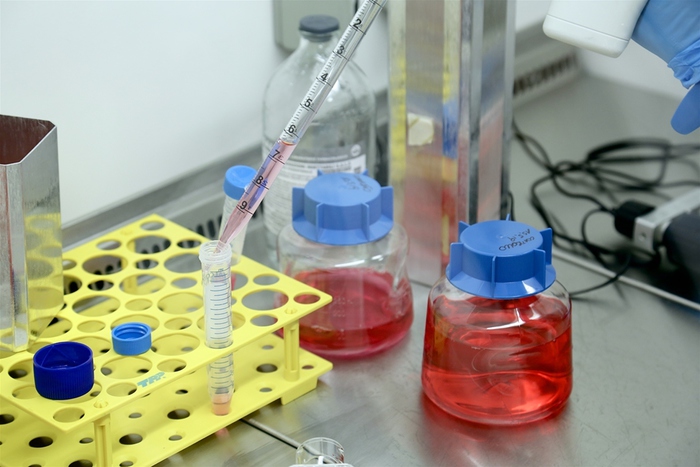Nanoplastics were identified for the first time in the atherosclerotic plaques of the arteries and for the first time the damage to human health was proven with very serious effects.
This was revealed by a study conceived and coordinated by the University of Campania 'Vanvitelli', in collaboration with various bodies.
Published in The New England Journal of Medicine, the study provides proof of the dangers of plastics: the 'polluted' plaques are more inflamed and cause a more than 2-fold increase in the risk of heart attacks and strokes.
The study is accompanied by an editorial that defines the discovery as "revolutionary".
The study is conducted in collaboration with numerous research institutions, including Harvard Medical School of Boston, IRCSS Multimedica of Milan, the universities of Ancona, Sapienza of Rome and Salerno and the IRCSS INRCA of Ancona.
The results demonstrate for the first time not only the presence of a mix of pollutants in atherosclerotic plaques, but above all they prove their danger, with an increased risk of heart attack and stroke compared to those with 'non-polluted' plaques.
The discovery is called "revolutionary" by the New England Journal of Medicine because it provides evidence for the first time that ingested or inhaled microplastics and nanoplastics are associated with cardiovascular disease outcomes in humans, indicating that plastics have increasingly higher costs. high, now visible, for human health and the environment.
In the study, 257 over 65s were followed for 34 months after carotid endarterectomy, a surgical procedure to remove the atherosclerotic plaques that block the vessels, then observed under an electron microscope to evaluate the presence of micro and nanoplastics.
The data shows measurable quantities of polyethylene (PE) in 58.4% of cases and polyvinyl chloride (PVC) in 12.5%.
In these patients the risk of cardiovascular events such as heart attacks, strokes and mortality from all causes was up to 2 times higher than in those who had not accumulated micro and nanoplastics inside the plaques, the presence of which was also associated with greater local inflammation which makes these 'pollution' plaques more unstable and friable.
Reproduction reserved © Copyright ANSA

